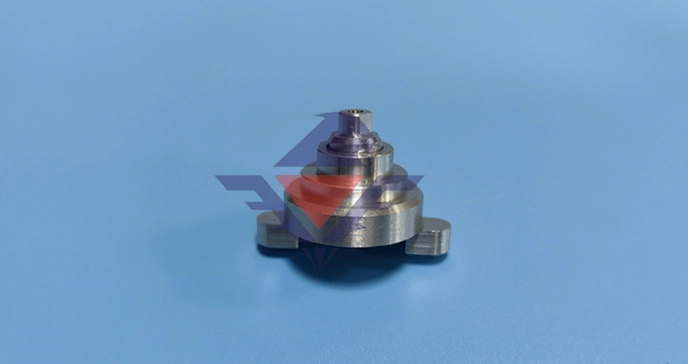
# Precision Swiss Screw Machining for Complex Components
## The Evolution of Swiss Screw Machining
Swiss screw machining has come a long way since its origins in the Swiss watchmaking industry. Originally developed to produce tiny, precise components for timepieces, this advanced machining technique has evolved to become an essential manufacturing process for complex parts across multiple industries.
## What Makes Swiss Screw Machining Unique?
Unlike conventional lathes, Swiss screw machines offer unparalleled precision for small, intricate components. The key differentiator lies in the sliding headstock design, which allows the workpiece to move through the guide bushing while tools remain stationary. This configuration provides exceptional stability and accuracy, especially for long, slender parts that would typically deflect during conventional machining.
### Key Advantages of Swiss Machining:
– Exceptional precision with tolerances as tight as ±0.0002 inches
– Ability to machine complex geometries in a single setup
– Superior surface finishes
– Efficient production of small, intricate parts
– Reduced material waste
## Applications Across Industries
Swiss screw machining has found applications in numerous sectors requiring high-precision components:
### Medical Device Manufacturing
The medical industry relies heavily on Swiss machining for surgical instruments, implants, and diagnostic equipment components. The ability to work with biocompatible materials like titanium and surgical-grade stainless steel makes it indispensable for medical applications.
### Aerospace Components
Aerospace manufacturers utilize Swiss machining for critical flight components that demand absolute precision and reliability. From fuel system parts to avionics components, Swiss machines produce parts that meet stringent aerospace standards.
### Electronics and Microtechnology
The electronics industry benefits from Swiss machining’s capability to produce miniature connectors, pins, and other micro-components essential for modern electronic devices.
## Materials Suitable for Swiss Machining
Swiss screw machines can work with a wide variety of materials, including:
– Metals: Stainless steel, aluminum, brass, titanium, and exotic alloys
– Plastics: Delrin, PEEK, Ultem, and other engineering plastics
– Composites: Various reinforced materials for specialized applications
## Choosing the Right Swiss Machining Partner
When selecting a Swiss machining provider for your complex components, consider these factors:
1. Experience with similar parts and materials
2. Quality certifications (ISO, AS9100, etc.)
3. Advanced inspection capabilities
4. Capacity for both prototyping and production runs
5. Technical expertise in design for manufacturability
Keyword: Swiss Screw Machining
## The Future of Swiss Screw Machining
As technology advances, Swiss machining continues to evolve with:
– Integration of multi-axis capabilities
– Implementation of advanced automation
– Incorporation of smart manufacturing technologies
– Development of hybrid machining solutions
These innovations ensure Swiss screw machining remains at the forefront of precision manufacturing for complex components in an increasingly demanding industrial landscape.